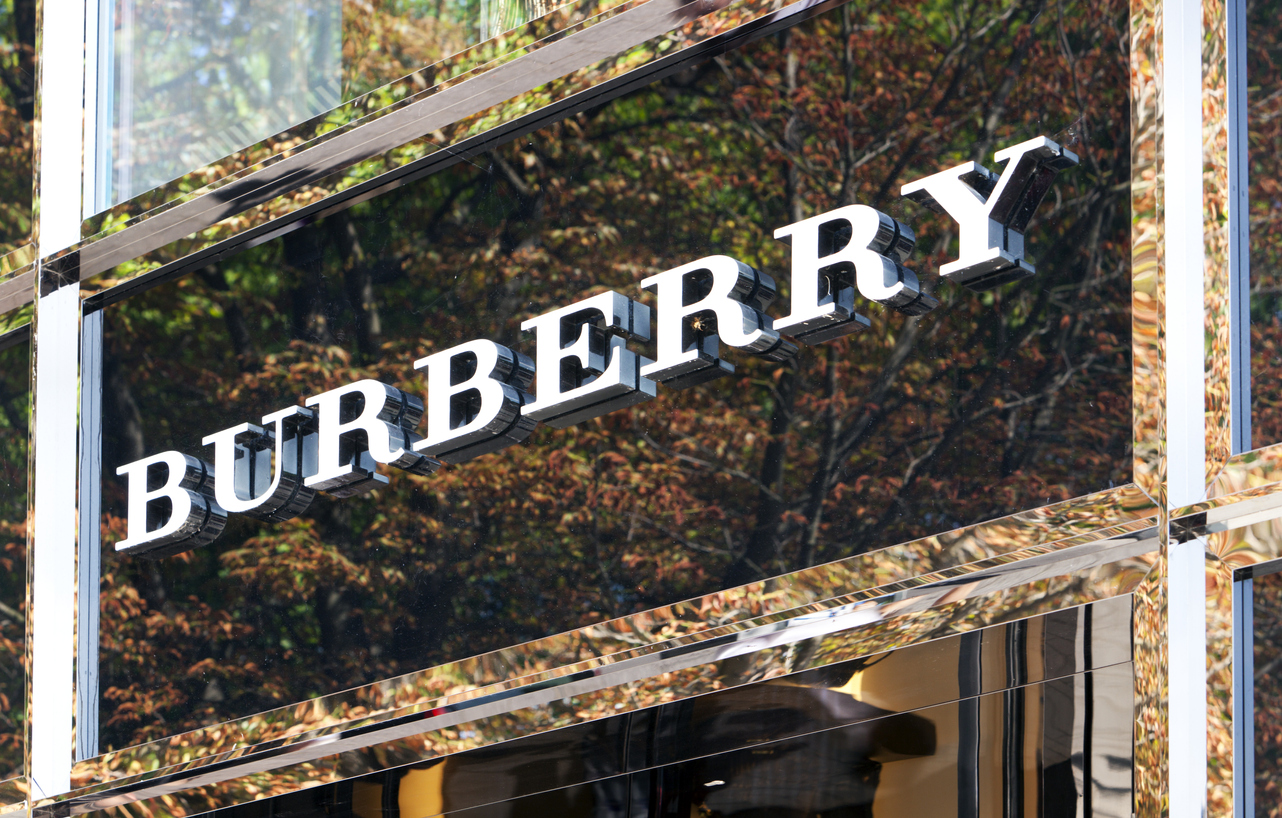Notable luxury and sports brands have come under fire after condemning reported forced labour in Xinjiang.
Western brands are facing backlash from Chinese state media and celebrities for expressing concerns about the alleged use of Uighur forced labour in the production of cotton in China’s north-western province of Xinjiang.
H&M and Nike had made statements to this effect last year, and this week found themselves in the crosshairs after western nations imposed sanctions on China over these reported human rights violations.
“Spreading rumors to boycott Xinjiang cotton while trying to make money in China? Wishful thinking!” the Communist Youth League wrote in a post on Weibo, China’s Twitter counterpart, sharing an image of the H&M statement. The post has been “liked” hundreds of thousands of times.
Access to H&M’s storefronts has been blocked on major Chinese eCommerce platforms such as JD.com, Aliibaba and Taobao, and local celebrity brand ambassadors have pulled their support. Nike has also been targeted by consumers for earlier messaging.
More recently, Burberry – which in October suspended its approval of cotton sourced from Xinjiang, citing human rights concerns – has come under fire from Chinese state and social media. Actress Zhou Dongyu terminated her contract as brand ambassador for Burberry, and the company’s iconic plaid design was removed as an asset from Tencent Holdings Ltd’s popular video game Honor of Kings.
[ymal]
The Chinese government is accused of committing extreme human rights violations against Xianjiang’s Uighur Muslim minority, evidence for which the US, UK and Canada have said is “overwhelming”. On Monday, Britain and the EU joined the US and Canada in imposing sanctions on China for these abuses.
Beijing has denied the accusations and imposed retaliatory sanctions on European lawmakers, academics and organisations, the latest round being imposed on UK entities and politicians on Friday.











